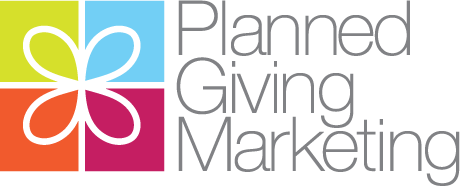It’s Not About Tax Law – It’s About Your Donors
Refocusing Planned Giving on Values and Legacy

Planned giving has always been part relationship building and part technical expertise, but the technical landscape has shifted considerably. Major tax law changes since 2017—such as expanded standard deductions and decreased incentives for itemization and the largest change of an increased federal estate tax limit—mean many legacy strategies built around tax avoidance are far less appealing to donors than they once were.
The truth is, the majority of your planned giving prospects are motivated by their values, their legacy, and their desire to see your mission endure. They are not motivated by elaborate tax shelters or legal intricacies. In fact, overly technical conversations can sometimes discourage or distract donors from making a meaningful commitment.
The majority of your planned giving prospects are motivated by their values, their legacy, and their desire to see your mission endure.
Of course, you’ll still occasionally encounter donor questions or gift structures that go beyond your expertise. But here’s the good news: You don’t need to be a planned giving savant or memorize the tax code! In the rare case that specialized knowledge is needed, there are plenty of outsourced experts available to support you. From planned giving consultants to legal and financial advisors, these resources can be called upon as necessary. This allows you to focus on what matters most: cultivating trust, understanding your donors’ goals, and aligning their passion with your organization’s needs.
Your Role as the Planned Giving Connector:
Focus on cultivating trust and understanding donor goals. Outsource specialized tax or legal expertise when complex questions arise.
Flexibility, Curiosity, and Sincerity Define Success
Planned giving in 2025 is not about perfectly mimicking the past. It’s about flexibility, curiosity, and sincerity. Approach your role as someone who connects donors to the future of your organization. Remember: your authenticity and commitment are your greatest assets, and they will carry you—and your donors—toward impact far greater than any organizational structure could define.
